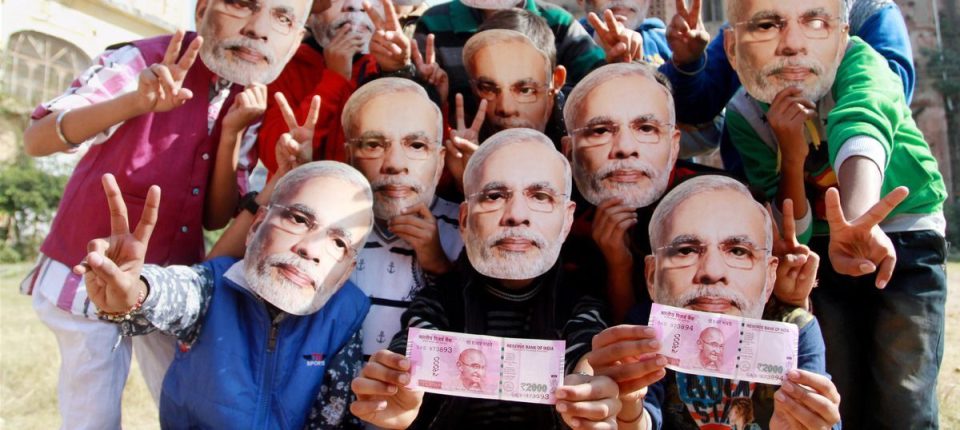In recent years, the Narendra Modi government in India has grappled with the consequences of outsourcing various functions, leading to a mixed bag of outcomes. From tax collection to data analysis and food procurement, outsourcing has presented both benefits and challenges, raising pertinent questions about the balance between governmental responsibility and private sector involvement.
Taxation stands out as a prime example of this complex dynamic. The introduction of the Goods and Services Tax (GST) aimed to streamline taxation processes, with Input Tax Credits (ITC) playing a pivotal role. However, the shift in burden from the government to companies, particularly regarding the verification of suppliers’ GST returns, has created a compliance quagmire. While tax evasion may have decreased, the compliance burden on businesses, especially mid-level enterprises, has intensified.
Similarly, the reliance on Tax Deducted at Source (TDS) and Tax Collected at Source (TCS) further illustrates the outsourcing trend. Banks and crypto exchanges are tasked with collecting taxes on behalf of the government, raising questions about accountability and oversight in these transactions.
In the realm of data collection and analysis, there’s a call for reevaluation. While bodies like the Central Statistics Office (CSO) and National Sample Survey Office (NSSO) excel in their tasks, instances like the scrapping of the 2017-18 Consumption Expenditure Survey highlight the risks of solely relying on government agencies. There’s a case for involving private enterprise in certain surveys to enhance efficiency while maintaining quality standards.
The contentious issue of food procurement adds another layer to the debate. The government’s monopoly in procuring crops, particularly those with Minimum Support Prices (MSP), has faced resistance, as evidenced by recent farmers’ protests. The proposed farm laws aimed to introduce private sector participation, but their repeal underscores the challenges in establishing effective public-private partnerships.
Moving forward, there’s a pressing need for the government to reassess its outsourcing strategy. While certain functions may benefit from private sector involvement, critical areas like taxation, statistics, and agricultural policies demand careful deliberation. Balancing efficiency gains with accountability and ensuring that essential services are not compromised should be paramount in shaping future policies.
In conclusion, the outsourcing dilemma facing the Modi government reflects broader questions about governance and public service delivery. Striking the right balance between governmental control and private sector efficiency is essential for fostering sustainable development and addressing the diverse needs of India’s populace.

